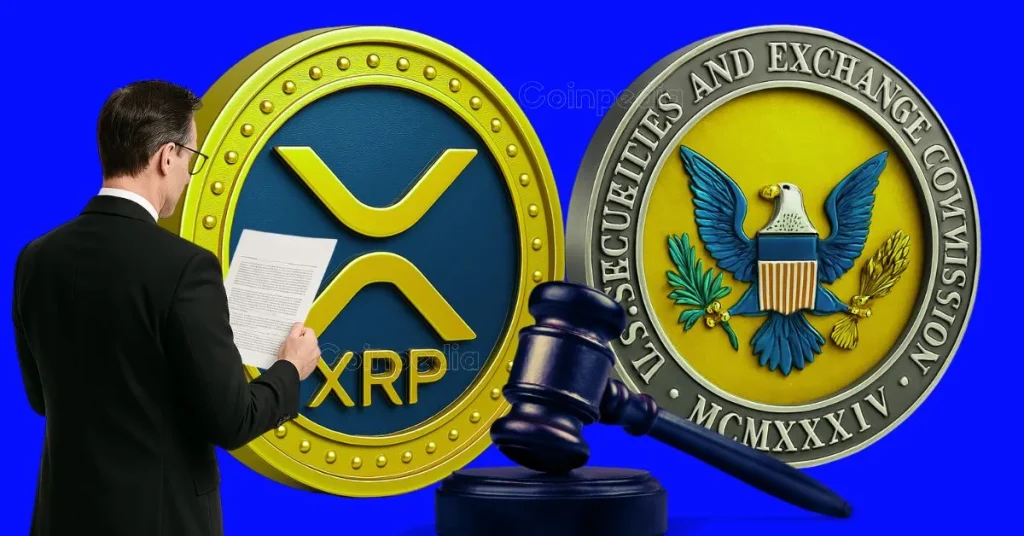Topline
The Supreme Court will decide whether people addicted to “controlled substances” can own firearms, as justices announced Monday they will consider whether federal rules that prohibit drug users from owning guns violate the Second Amendment.
Gun safety advocates rally in front of the U.S. Supreme Court on December 2, 2019 in Washington, DC.
Getty Images
Key Facts
The Supreme Court said Monday it will hear oral arguments in U.S. v. Ali Danial Hemeni, which asks the court to determine whether the federal statute restricting firearm use for drug users violates the Second Amendment.
Hemeni, a dual U.S.-Iranian citizen who is accused of using and dealing drugs, was indicted after the FBI searched his home and found firearms, but federal judges then sided with Hemeni when he argued the charges violated the Second Amendment.
Federal law prohibits people from possessing firearms if they’re “an unlawful user of or addicted to any controlled substance.”
The Trump administration—despite broadly supporting gun rights—argued to the Supreme Court that the court ruling in Hemeni’s favor should be overturned, writing the law barring drug users from owning guns is a “narrow circumstance” in which the Second Amendment can be restricted.
The law only “imposes a limited, inherently temporary restriction” on people because they can own firearms again once they’ve recovered from a drug addiction, the government argued, also claiming the restrictions are in line with past historical rules that put restrictions on “habitual drunkards.”
Hemeni argued the Supreme Court shouldn’t take up the case, claiming an appeals court ruling in his favor was narrowly tailored to his own specific case and didn’t invalidate the law entirely.
What To Watch For
The Supreme Court hasn’t given any indication yet when it will hear oral arguments in the case, but the case will be heard and a ruling will be issued sometime before the court’s term ends in late June 2026.
This story is breaking and will be updated.
Source: https://www.forbes.com/sites/alisondurkee/2025/10/20/supreme-court-will-consider-overturning-federal-ban-on-drug-users-owning-guns/



